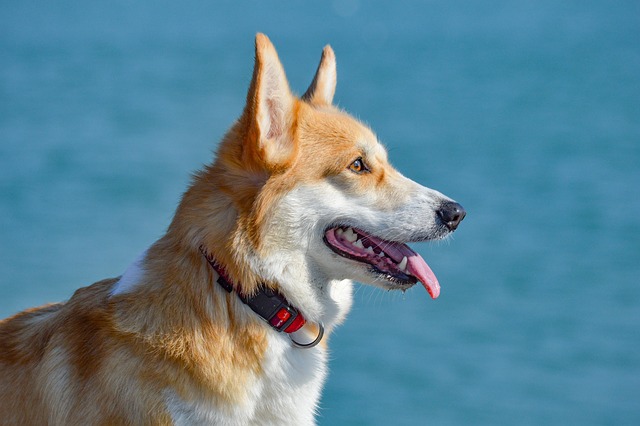
What's wrong with dogs always licking their paws
Watching their furry child constantly licking their paws, with that focused and persistent look, is both heartbreaking and confusing.
When we are awakened by the wet kiss of the dog in the morning, or greeted by the enthusiastic licking when we return home tired, behind the seemingly healthy teeth, changes are quietly taking place that are difficult to detect with the naked eye. If you ignore the cleaning of your dog's teeth, this microscopic war that starts with dental plaque will eventually erode their quality of life silently.
The bacteria in the mouth are like invaders that never sleep. After the dog eats, they quickly gather on the surface of the teeth and form a sticky biofilm within 12 hours - dental plaque. These tiny communities that are almost invisible to the naked eye use carbohydrates in food residues as fuel and continuously metabolize to produce acidic substances. When the owner is addicted to the crisp sound made by the dog when chewing toys, or ignores the trivialities of daily brushing, these acidic substances are continuously corroding the enamel on the surface of the teeth. The initial demineralization of tooth enamel may be just a slight change in color, which gradually develops into a black hole of caries that is difficult to reverse, like a fatal gap in a solid city wall.
Dental plaque begins to change qualitatively after 72 hours, and gradually mineralizes to form dental calculus. These brown, hard substances are firmly attached to the edge of the gums, and the rough surface provides a breeding ground for more bacteria. Imagine that when your dog bites a piece of meat with teeth covered with tartar, every chewing aggravates the separation between the gums and teeth. The continuous accumulation of tartar is like a ladder to attack the city, sending bacteria into the originally sterile periodontal pockets, causing early symptoms of periodontitis such as redness, swelling, and bleeding. Most owners often become alarmed when their dogs resist touching their mouths and lose their appetite, at which time the disease has quietly developed to the middle stage.
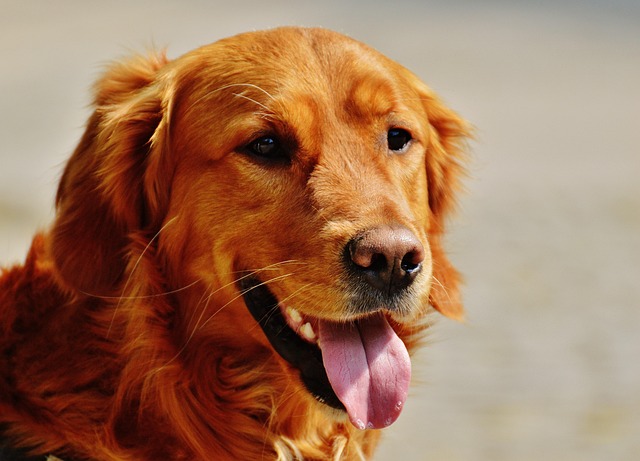 When periodontitis enters the late stage, the entire oral ecosystem collapses completely. The gums that are continuously attacked by bacterial toxins begin to shrink, and the teeth lose their supporting structure and become loose. In severe cases, the loose canine teeth will fall off easily like rotten wood, leaving behind alveolar sockets full of ulcers. This not only deprives the dog of the ability to eat normally, but the exposed nerve endings make every chewing a torture. What's more frightening is that the bacteria and their metabolites in the periodontal pockets will enter the blood circulation through the damaged gums, like spies carrying deadly weapons sneaking into various parts of the body.
When periodontitis enters the late stage, the entire oral ecosystem collapses completely. The gums that are continuously attacked by bacterial toxins begin to shrink, and the teeth lose their supporting structure and become loose. In severe cases, the loose canine teeth will fall off easily like rotten wood, leaving behind alveolar sockets full of ulcers. This not only deprives the dog of the ability to eat normally, but the exposed nerve endings make every chewing a torture. What's more frightening is that the bacteria and their metabolites in the periodontal pockets will enter the blood circulation through the damaged gums, like spies carrying deadly weapons sneaking into various parts of the body.
These bacterial legions will reach important organs such as the heart, liver, and kidneys with the blood, causing infective endocarditis on the valves, forming abscesses in the liver, and causing irreversible damage to the kidneys. The sudden heart murmurs and renal failure in many elderly dogs are closely related to long-term neglect of oral hygiene. We may not be able to hear the groans of dogs due to toothache, but one day we can find them lying in the corner, not even interested in their favorite snacks - this is the silent life telling the pain with actions. What's even more heartbreaking is that these systemic problems caused by oral diseases are often mistaken by their owners as the result of natural aging. When the veterinarian helplessly shows the large area of alveolar bone resorption in the X-ray, or points out the growths on the cardiac ultrasound image,
Cleaning the dog's teeth is essentially protecting their quality of life. This process may go through initial resistance and adjustment, but when we see them smile more frequently because of comfort, and stay with us longer because of health, we will understand that every action of applying the toothbrush with a fingertip, every attempt to guide with rewards, is to sustain their life. After all, when we choose to be the owner of a dog, we take on the responsibility of protecting their health - and this responsibility starts with touching their teeth every day.

Watching their furry child constantly licking their paws, with that focused and persistent look, is both heartbreaking and confusing.
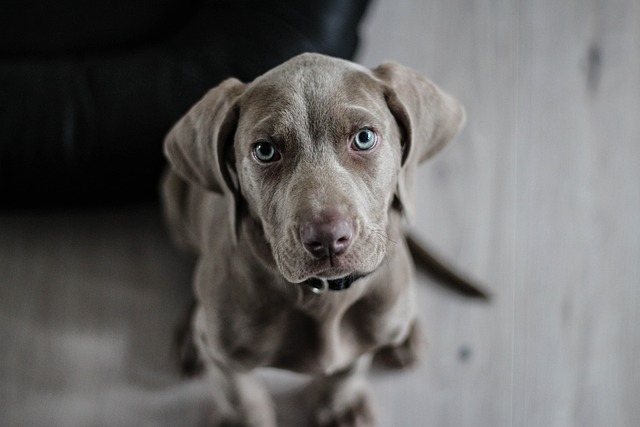
When you habitually pet your dog and suddenly notice that its once smooth coat has become rough and prickly, the change in texture will immediately alert you.
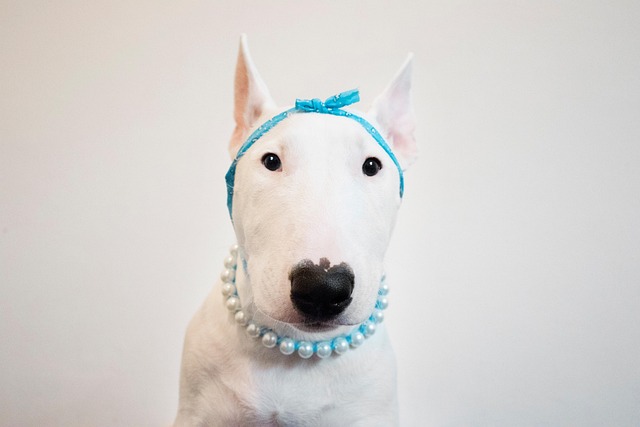
When we hold the soft and cute puppies in our hands, their furry little bodies and smart eyes instantly melt our hearts. From that moment on, we shoulder the responsibility of taking care of this little life,
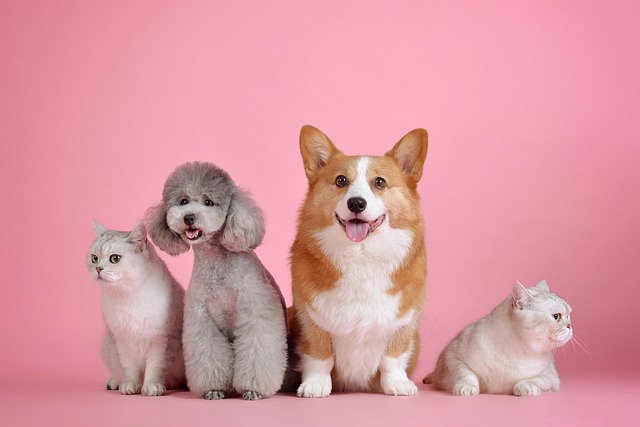
You push open the door to find shredded pillow stuffing, chewed-through cables, or claw-marked door frames scattered across the floor—and in an instant,
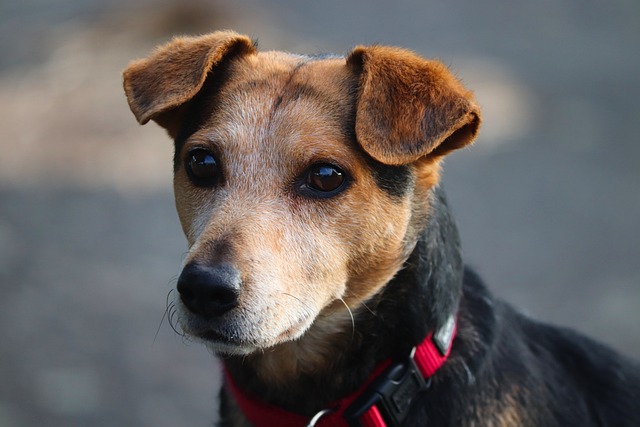
When you realize that only your absence triggers your otherwise well-behaved companion into anxious behaviors—scratching at the door, barking incessantly,
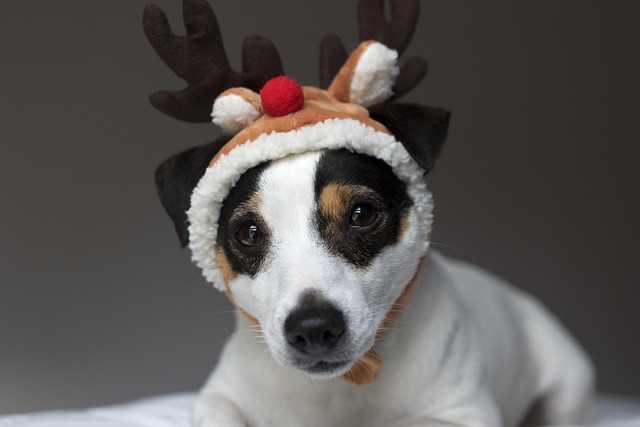
When we hold the sweet and juicy soft-seeded pomegranates and look at the round, expectant eyes of the dogs around us, we always feel entangled: Can such delicious fruit be shared with our beloved fur children?